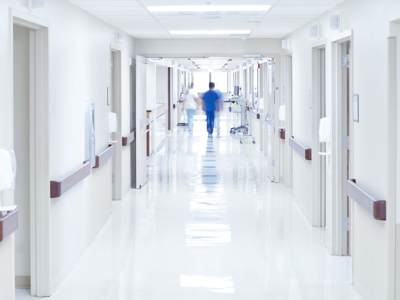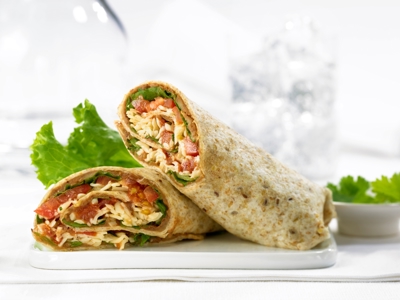
Why the cosmetic procedure industry needs urgent regulation
Tina Patel urges the new Government to regulate the cosmetic procedure industry.
Posted on 03 September 2024
Many people who seek cosmetic procedures prefer to travel abroad where treatment can be significantly cheaper to finance.
However, as I have stressed in several previous blogs on this subject, this strategy is not without risk.
It can be unregulated and success is not guaranteed. Candidates for cosmetic procedure can put themselves at risk of injury or even fatal injury.
The case of Kaydell Brown has been widely reported and does serve as a terrible reminder of the risks of harm that can be those seeking cosmetic treatment abroad can face.
Kaydell travelled to Istanbul for a “Mummy MOT”, a procedure which includes a tummy tuck, liposuction, breast augmentation and a Brazilian butt-lift (BBL). As I have blogged previously, BBL operations are highly controversial and carry significant surgical risks.
It is reported that Kaydell was charged £5,400 for her treatment in Turkey, a third of the cost of undergoing the procedure in the UK.
Kaydell sadly suffered complications during surgery and died. An inquest into her death opened on 16 August in the UK and will likely take place next year.
In England, in 2022 the British Association of Aesthetic Plastic Surgeons (BAAPS) issued new guidelines to its members carrying out BBL surgery; this followed a four-year moratorium on the procedure being carried out in this country due to the high death rate. Despite this moratorium, BAAPS found that members of the public were still seeking out those who were willing to carry out the procedure by going abroad to countries where the procedure was still available.
BAAPS President Marc Pacifico said at the time of launching the new guidelines: "An increasing number of UK based patients are continuing to seek this procedure by surgeons not on the GMC Specialist Register or by venturing abroad. There is a concern regarding higher risk of exposure to risks and complications, such as sepsis, poor techniques, deep vein thrombosis (DVT), and pulmonary embolism (PE). The majority of BBL complications seen in the National Health Service (NHS) are related to sepsis, fat necrosis, and skin necrosis. So, by introducing the new GFG guidelines we will help protect the public seeking this procedure."
In November 2023, BAAPS reported that the number of individuals requiring hospital treatment in the UK after getting cosmetic surgery abroad increased by 94 per cent in three years. BAAPS compiled the UK’s first database containing the statistics of the number of corrective procedures carried out in the UK after surgery abroad had gone wrong. They found that since November 2022, 78% of the corrective operations carried out in the UK were on individuals who had undergone procedures in Turkey. The cost to the NHS is huge; BAAPS had previously estimated that the NHS cost for each person was approximately £15,000 but this can vary significantly depending on the extent of treatment required.
The Foreign Office has revealed that since 2019, 28 British people have died after having cosmetic surgery in Turkey.
As medical and industry professionals have been raising concerns for several years now of the dangers of Britons travelling abroad to undergo cheaper cosmetic procedures, I hope that the new Government picks up on the work commenced by the last and does more to regulate the industry and educate and warn the public of the dangers that this carries before further lives are needlessly lost.

Woman receives five-figure settlement following cancer diagnosis linked to her breast implants
A woman from Sheffield has received a five-figure settlement from Allergan Ltd after being diagnosed with breast implant-related cancer.

UKHSA reports one person has died following E. coli outbreak linked to pre-packaged sandwich products
The UK Health Security Agency (UKHSA) has reported that the death of a person has been linked to a serious outbreak of E. coli, with officials claiming that lettuce in pre-packaged sandwich, wraps, and salad products is the source. It is reported that over 120 people have been hospitalised, linked to the outbreak.

